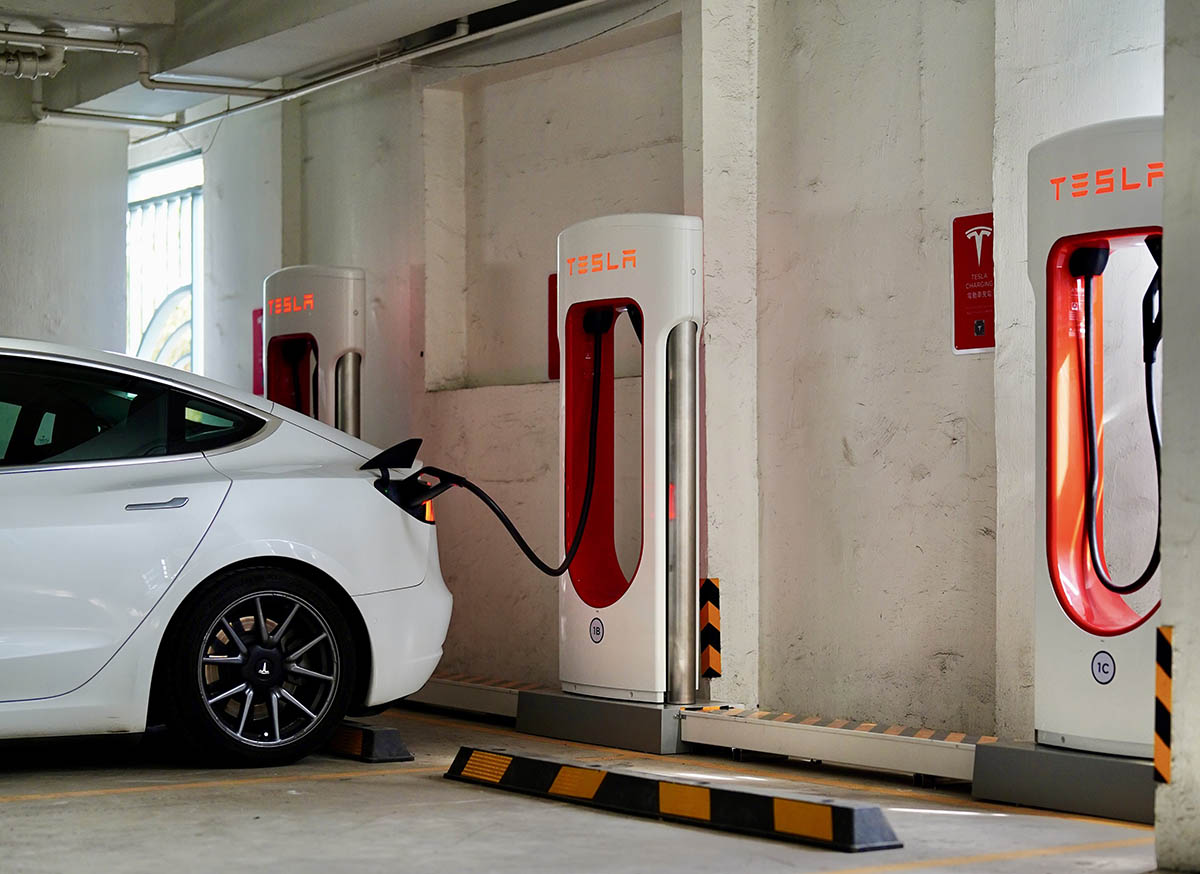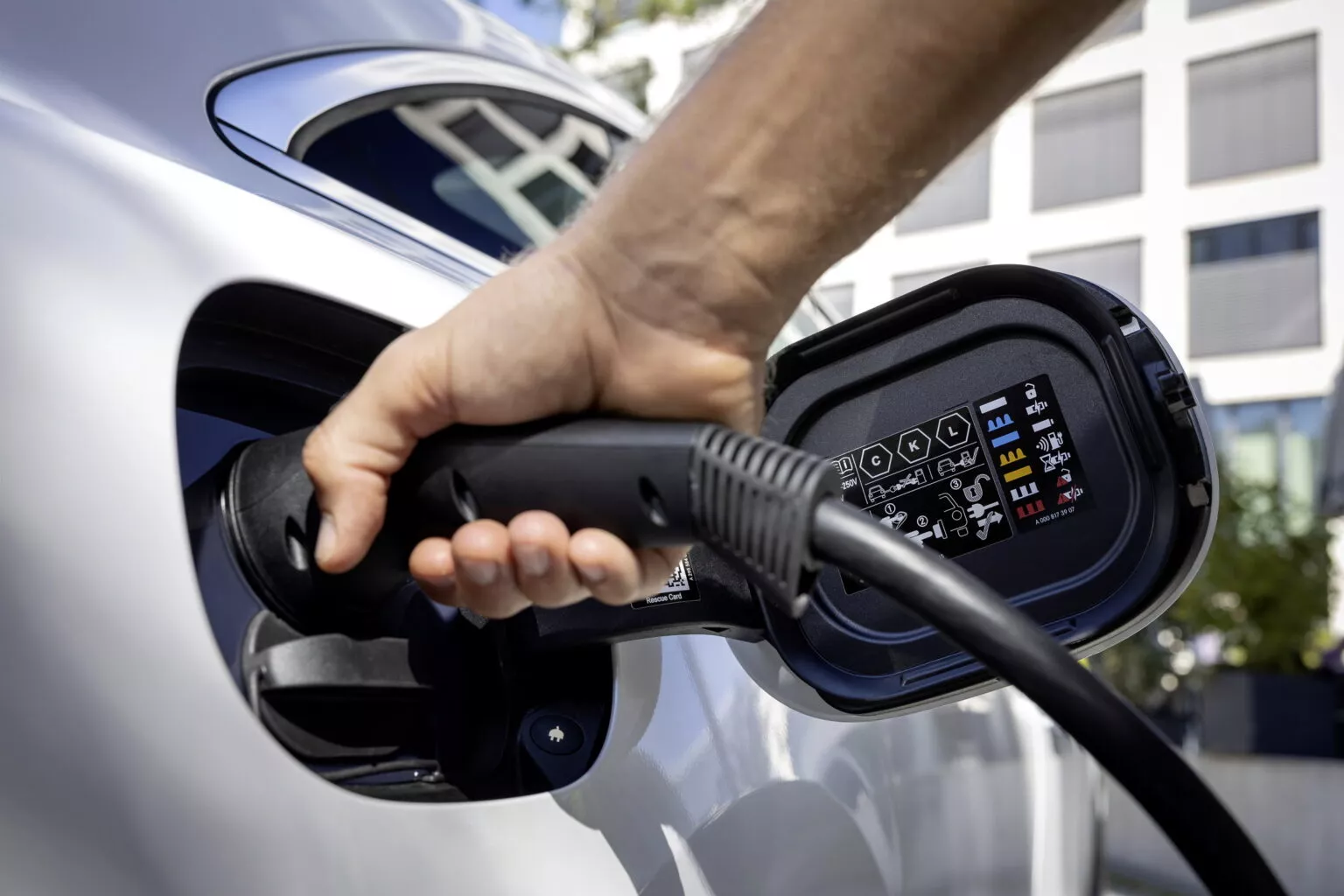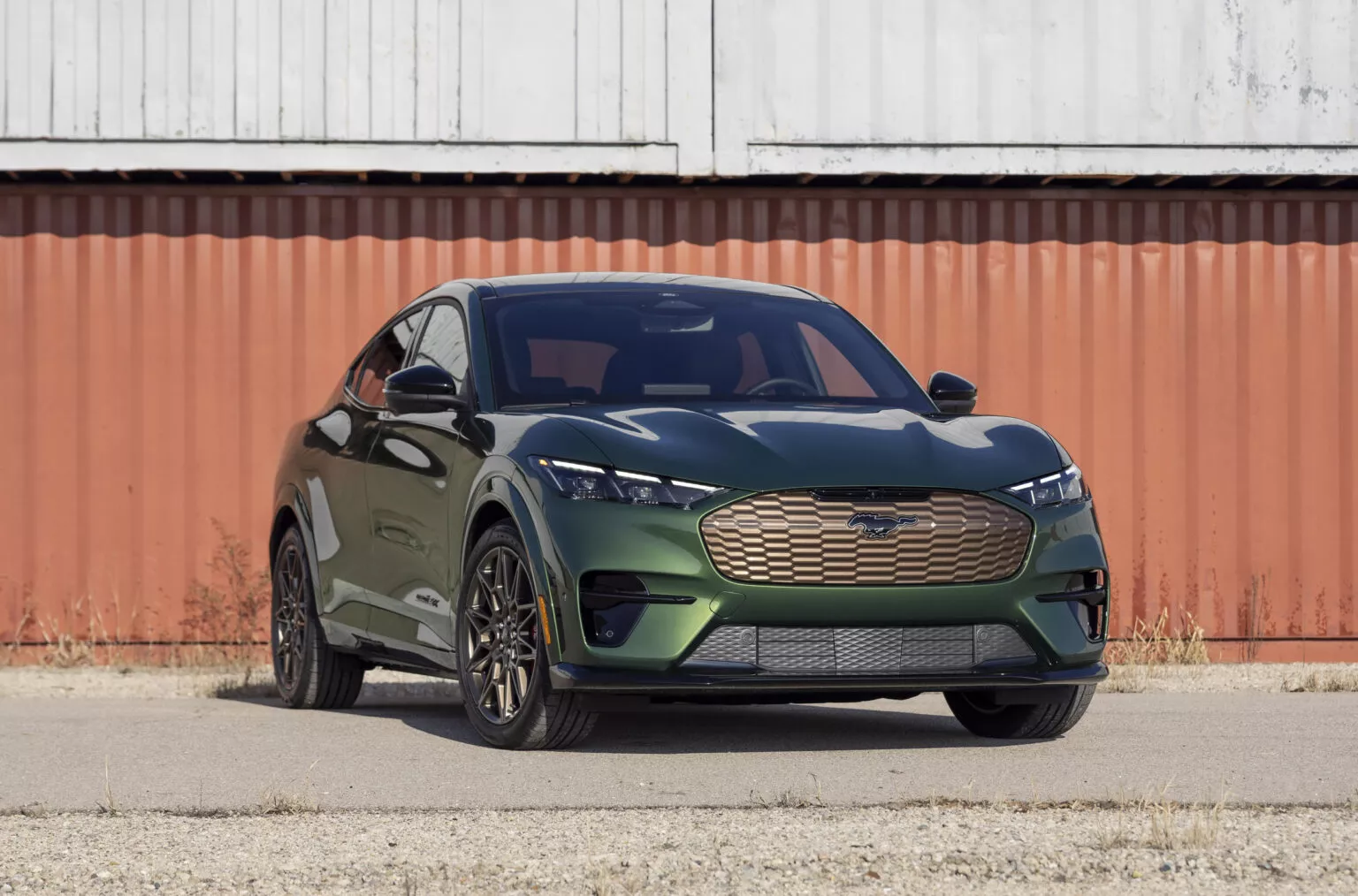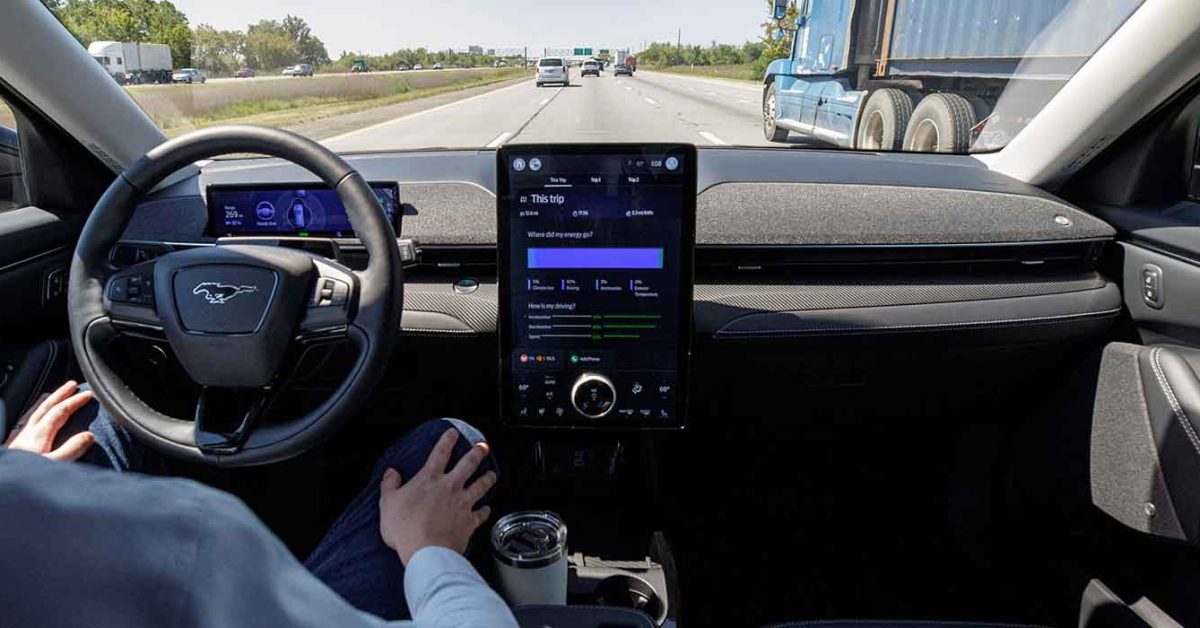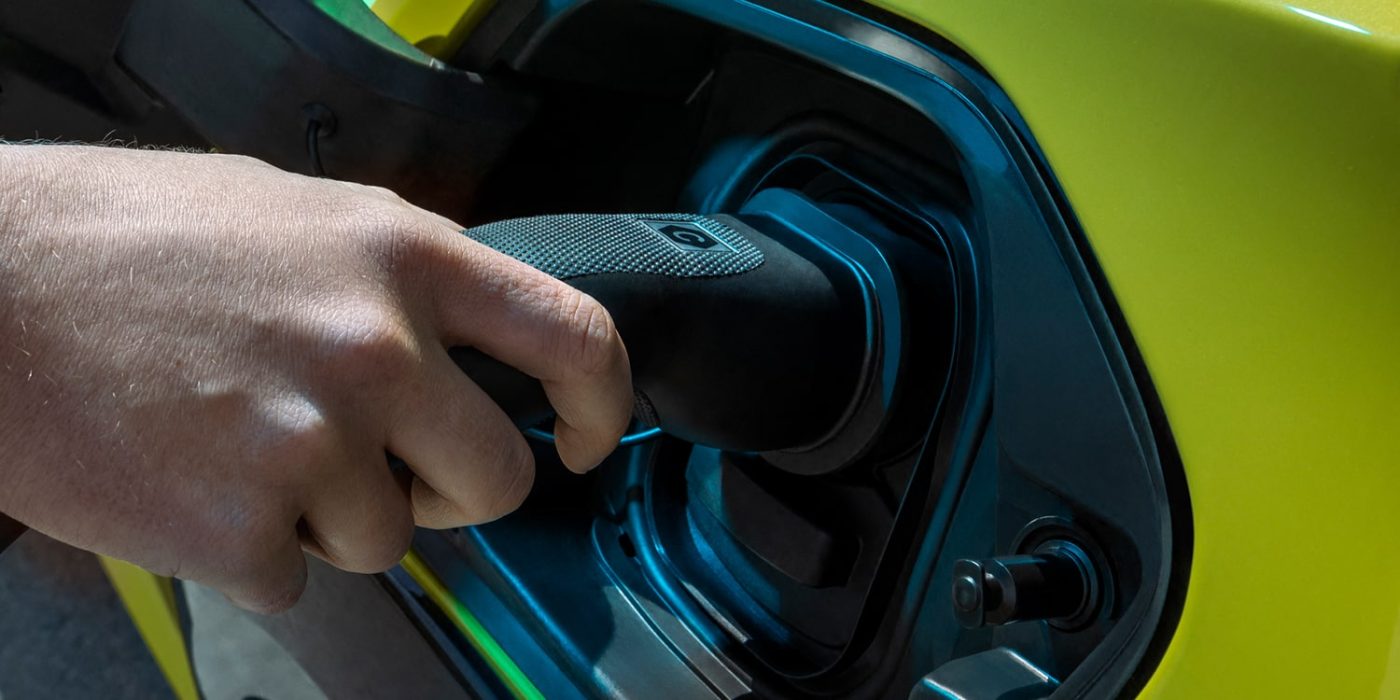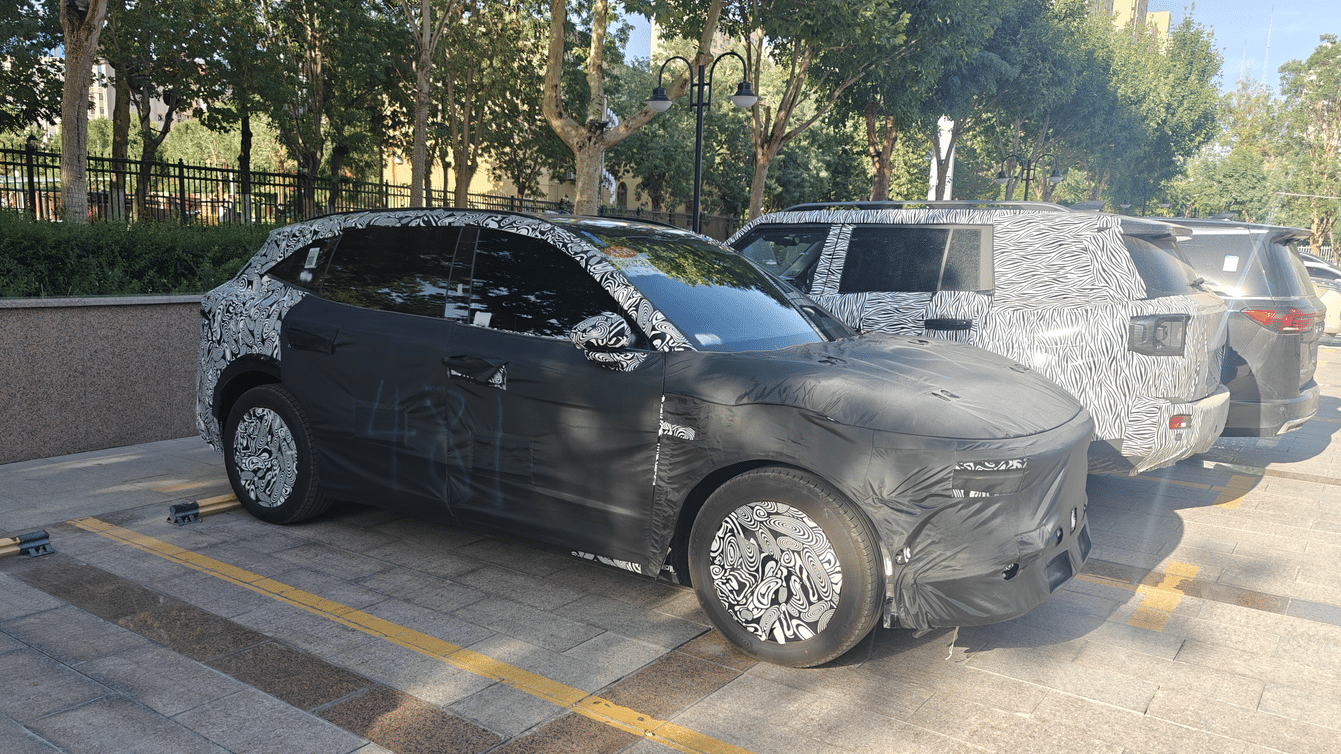A recent poll has revealed that a majority of Americans are not interested in purchasing an electric vehicle (EV), citing concerns such as range anxiety and high costs. The survey, conducted by the Associated Press-NORC Center for Public Affairs Research and the Energy Policy Institute at the University of Chicago, involved 6,265 adults and highlighted the challenges facing President Biden’s goal of increasing EV sales.
According to the poll, concerns about range anxiety and a lack of affordable EV options are major barriers to adoption. Many respondents expressed worries about not living near a charging station, with 50 percent of those in rural areas and 40 percent of urban dwellers reporting a lack of local chargers as a significant obstacle to purchasing an EV.
Despite efforts to make EVs more accessible, including significant investments in the industry, only 9 percent of U.S. adults currently own or lease an electric car, while 13 percent have a gas-hybrid vehicle. The poll also revealed that EV prices, while declining, remain a significant hurdle, with the average cost of a new EV in February standing at $52,314, still above the average for all new vehicles.
Caleb Jud from Cincinnati, reflecting the sentiments of many cautious consumers, expressed concerns about EV performance in cold weather. He is considering an EV but is leaning towards a plug-in hybrid due to worries about getting stuck with a non-functioning vehicle. “The thought of getting stuck in the driveway with an EV that won’t run is worrisome, and I know it wouldn’t be an issue with a plug-in hybrid,” he explained.
Despite these challenges, there are individuals like Jose Valdez from San Antonio who have embraced EVs. Valdez, the owner of a Ford Mustang Mach-E, installed a home charger for under $700 and enjoys the cost savings on gas and maintenance. He believes that once people experience an EV, they will have a different mindset. “People think they cost an arm and a leg, but once they experience an EV, they’ll have a different mindset,” Valdez said.
As the debate over EV adoption continues, it is evident that practical concerns and financial considerations play significant roles in consumer decisions. The road to widespread EV adoption may be longer and more complex than anticipated.

